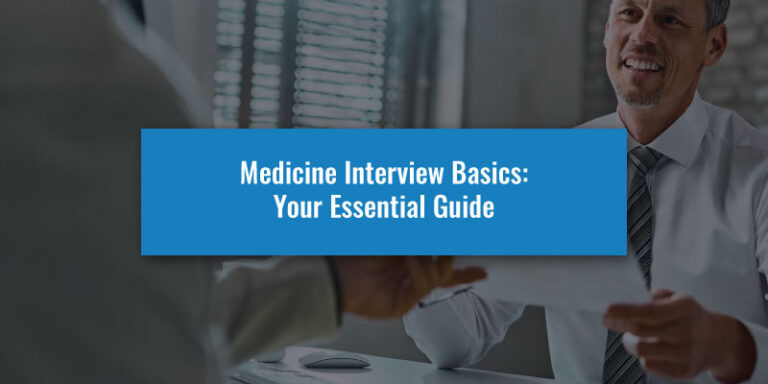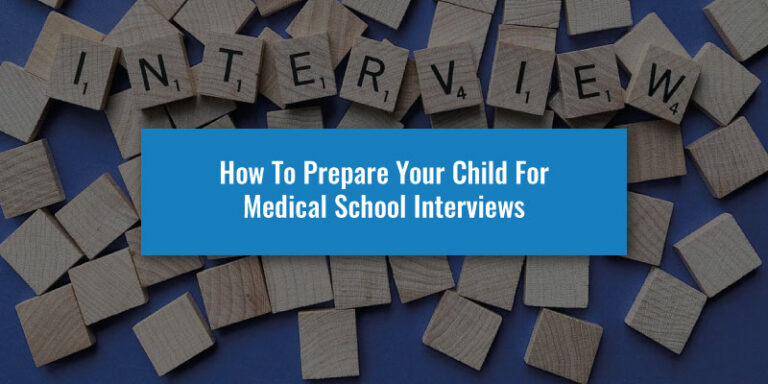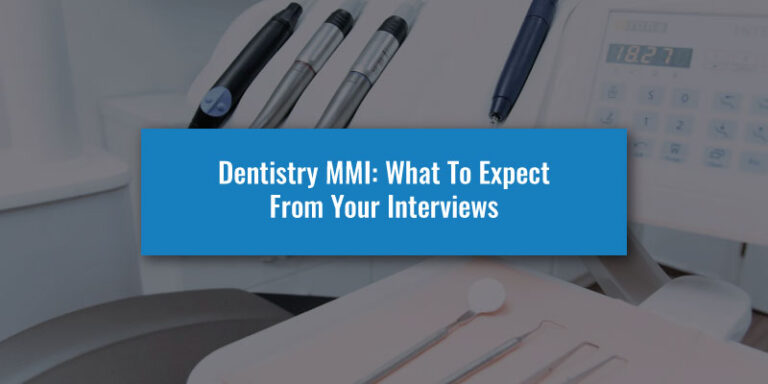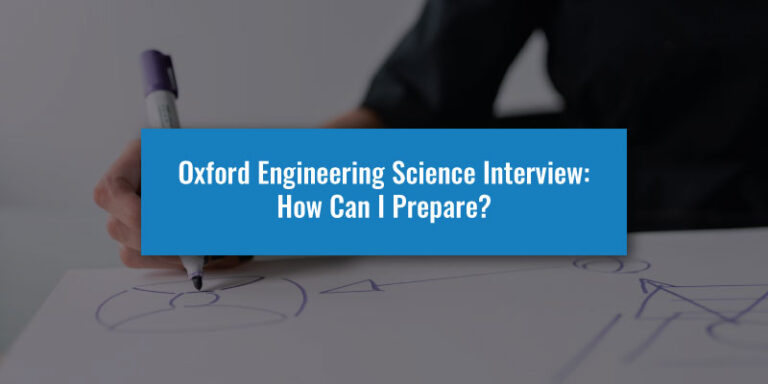A career in medicine is about ‘doing good’ for patients whilst minimising patient harm and suffering. Medical ethics questions challenge these moral standards.
Medical ethics scenarios are common in most Medical School Interviews. They can arise in a standard Interview format or as part of a station at a Multiple Mini Interviews (MMI) setup.
But how do you go about answering them? Let’s find out:
The Four Pillars Of Medical Ethics
The four pillars of medical ethics are very important to consider in clinical decision making, as they are often used as a framework for analysing what is the best action to take.
Not all clinical decisions will be easy to make, which is why understanding medical ethics is so important.
The four pillars are as follows:
The idea of self-governance, that an individual has the right to make a decision and act under a self-chosen plan.
In addition, other important concepts are:
- Confidentiality – that patient’s information must not be disclosed to others (unless they are at risk of causing harm to themselves or others).
- Capacity – that patients who have a disorder of the brain or mind and cannot understand, retain, weigh up and communicate decisions may not be able to make decisions for themselves.
- Gillick competence – the idea that under 16s may be able to make medical decisions and have ‘capacity’ for themselves if they have demonstrated mature enough thinking (but this can be overruled in a child’s best interests).
Interview like a pro and master the medical ethics questions with the help of our expert tutors.
With over 95 hours of guided study (including One-To-One Tuition, Mock Interviews, Intensive Courses and Comprehensive Materials), our expert MMI support truly gives you an advantage that can make the difference between an offer and rejection.
Discover our MMI Programme by booking a free consultation session or clicking the button below to enrol and triple your chances of success.
Define The Terms Of The Ethical Scenario
Starting to answer any medical ethics scenario should always begin with your personal definition of terms that the Admissions Tutor has brought up in the question. This includes bringing in technical terminology that you think is relevant to a particular situation that they propose.
An example of how to do this is, is with the following question:
What do you understand by “confidentiality”?
Confidentiality is a legal and ethical obligation (required by professional codes of conduct). It means not sharing information about patients without their consent and ensuring that written and electronic information cannot be accessed or read by people not involved in the patient’s care.
Informed consent and patient capacity are considered essential in maintaining the privacy of the patient. Confidential data is any information that could be used to identify the patient – this includes name, address, etc.
Confidentiality is important for several reasons. One of the most important elements of confidentiality is that it helps to build and develop trust. Patients may not trust a healthcare worker who does not keep information confidential and we know that trust is key to a doctor-patient relationship. A client’s safety may be put at risk of discrimination and stigma if details of their health are shared publicly, e.g. a HIV diagnosis.
Discussions about the patient should take place in the workplace and not be overheard to general public. To ensure confidentiality, information should only be disclosed to third parties (such as another government agency or a family member/carer) where a patient has consented to the release of the information. Further workers need to ensure that any information that is collected is securely stored and disposed of.
There are few exceptions to the general rule of confidentiality, and they all have legal bases. These include: if a serious crime has been committed; if the client is a child and is being abused/at risk of abuse; or if you are concerned that the client might harm someone else. When legal obligations override a client’s right to confidentiality, there is a responsibility to inform the patient and explain the limits of confidentiality.
As to how you could go about answering this, an example follows:
“Confidentiality is the legal right of the patient to not have their information disclosed to outside parties. Patients entrust us with sensitive information relating to their health and other matters when they seek treatment, so we also have an ethical obligation to keep confidentiality. Patients share in confidence and help build the patient-doctor relationship. There are some circumstances where confidentiality may be breached, and can include notifiable diseases, cooperation with social services or when a crime is involved.”
This answer has a clear definition of confidentiality and mentions the ethical obligation healthcare workers have to keep confidentiality. This candidate clearly understands the importance of patient trust and how it affects the patient-doctor relationship. They also discuss the conditions in which we can breach confidentiality which shows that the candidate has a great understanding of the issue.
Give a balanced answer
Whilst it can be tempting to launch straight into your personal opinions, this is not what the Admissions Tutors are looking for.
Even if you are personally strongly in favour of a particular side of an argument of medical ethics scenarios, make sure that you talk about both sides of the argument before you come to your conclusion.
Use signposting language, such as ‘on the one hand’ versus ‘however, some people might argue’.
It is important you make sure to do this when faced with topics such as euthanasia and abortion due to the controversy associated with them.
If we consider euthanasia as an example as to why it is an ethical dilemma in the UK (and also illegal). Euthanasia is not a straightforward topic and should be carefully thought about if you are asked any questions on it in your Medical School Interview.
To form a balanced argument, points you could consider are:
| For | Against | |
|---|---|---|
| Autonomy | A person has the right to choose if they wish to end their life. | Is the patient of sound mind and do they have the capacity to make such a decision? |
| Beneficence | If deterioration of their physical health causes their mental health to deteriorate is it really doing the patient any good? | It could be considered you are not helping the patient and are actually causing more harm. |
| Non-maleficence | Doctors take an oath to do no harm. | |
| Justice | It is legal in other countries, so why should it not be in the UK? As well, partners assisting loved ones should be able to travel back from countries where it is legal without fear of prosecution. | It is illegal in the UK to assist in euthanasia. |
Download our FREE 90-Page Interview Starter Guide
Our 90-page E-Book is filled with expert Interview Advice, common interview questions and first-hand interview experiences from successful Oxbridge applicants.
To access all this for free, just enter your name and email address and you’ll be sent the guide directly to your inbox.

Relate Answers To Current Events
Medical ethics scenarios will often be framed within the context of current events. Dropping these in can show that you have a strong interest in medicine and are therefore reading around the subject.
Some ethical topics are more likely to be asked than others so think about what is topical and what is a long-standing issue. You could be asked about vaccination regarding the COVID-19 vaccine, in regards to those who oppose having it or giving it to children.
An effective way to keep up to date on these issues is to join/start a medical ethics discussion club with your peers. This will prompt you to keep checking the news and critically analyse the stories you read while practising your verbal reasoning skills.
A way you could answer a question on such a topic is as follows:
“I think it is important to explore the reasons that parents may refuse a vaccination for their children. Some refuse based on religious grounds and it is important to respect that. However, some may be refusing due to misinformation; we are still recovering from the Andrew Wakefield scandal that linked autism to the MMR vaccine. In these cases, it is important to give information and educate parents.
Parents have a duty of care to their children and often want the best for them; they could believe that the best is refusing a vaccine, which is where education comes in. A vaccination also provides a protective effect to the community to herd immunity, so it is not just their child at risk, and it is important to explain this as well. There are also risks and side effects associated with vaccines, so parents could believe they are protecting their child based on this. I believe it would be misguided to label all parents who refuse vaccinations for their children as child abusers. It is important we address the underlying issues.”
Final Medical Ethics Tips
- Do not express your opinion straight away - make sure to pause and fully process the question before answering.
- Think about ethical principles and which of these apply to the scenario - and how.
- Summarise the key issues - show your thinking to the Admissions Tutor so they can understand how you have approached this question.
- Consider the wider implications - this is a good way to test out the validity of your ethical view point.
- Stay calm - the Admissions Tutors are not looking for you to understand every possible viewpoint and every legal aspect. Stay calm and speak slowly, allow yourself to take pauses.
- Prepare for common questions - doing your research beforehand and having a good idea of what you would talk about will be really helpful. Practice applying the four ethical pillars to these as well.
With a good structure and approach to the question, medical ethics scenarios are excellent opportunities to demonstrate you have a solid understanding of medical principles and their wider context.
Remember to define your thoughts, give both sides of the argument, bring in recent news and talk about key principles.
UniAdmissions will guide you through the toughest MMI stations with the help of our comprehensive curriculum.
Our MMI Interview Programme is designed to give you the highest chance of receiving a Medicine offer at the Interview stage. Your expert tutor will work with you to help you gain a critical understanding of what Admissions Tutors are looking for.
Discover our MMI Interview Programme by booking a free consultation session or clicking the button below to enrol and triple your chances of success.








